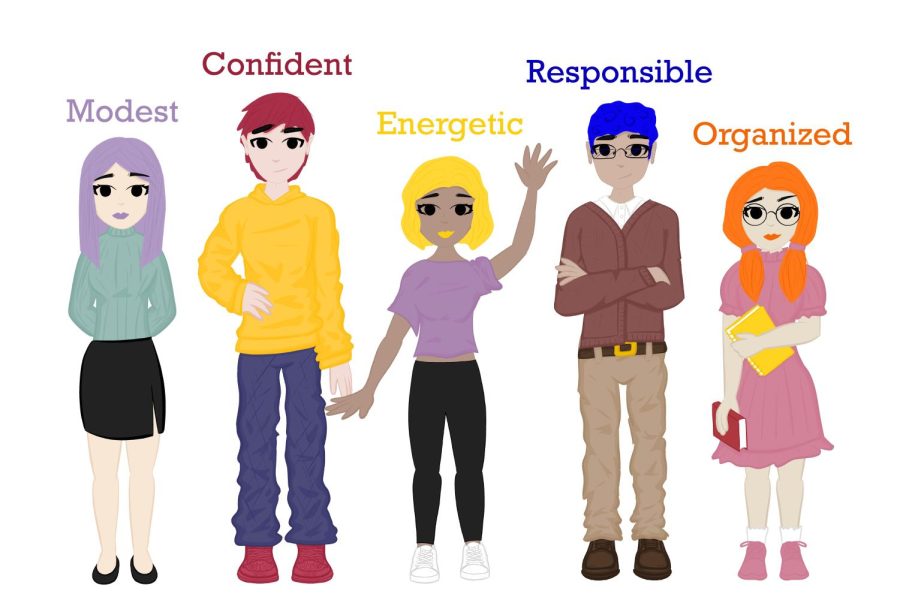Current fashion crazes show that teenagers are particularly susceptible to the hype of sneakers. As shoes become increasingly trendy, teens are buying more and more. According to statistics from 2019 published by Yahoo Finance, the average teen owns eight pairs of shoes. Junior Jake Male, however, owns 21.
“I like shoes, so I scroll through whatever [shoe purchasing] app, and then I buy the one I like,” said Male. “I buy [shoes] once every couple months.”
For many teenagers, shoes are a tool of self-expression. Research shows that the shoes people buy correlate to specific personality traits of the buyer. Several studies conducted show that personality directly relates with the shoes people choose to wear. A study from the University of Kansas, Journal of Research in Personality, shows that shoes are a useful way of judging a person’s character.
According to the newspaper Breo Box, in a study from the Journal of Research in Personality, “The participants were shown photos of individuals wearing different kinds of shoes and were asked to guess their age, gender, income, social status, political views, personality, etc.” The results from the study show that 90% of the participants gave a correct answer.
In a recent Trinity survey, students were asked what personality trait they most identified with and what types of shoes they purchased most frequently. Traits were matched with shoes based off the Journal of Research in Personality’s study. When looking at the first 100 responses from the survey, there was only 32% correctly matched traits and shoes. Male was among the few who matched correctly — energetic with sneakers.
Unlike the Journal of Research in Personality’s studies showed, at Trinity, not everyone agrees that shoes reveal our personality traits. Junior Maximus Knudsen did not choose one of the responses that are deemed correct from the study, and he believes that personality traits do not play a significant role in the purchasing of footwear.
“[I buy] what I think is stylish or what I think is interesting to me,” Knudsen said.
A professor of International Business and Marketing, Rollins College professor Marc Fetscherin, believes that self-image, in contrast to personality traits, is a large factor when people determine the shoes they want to wear. While a person’s personality traits define who they are, a person’s self-image defines who they aspire to be.
“There is a congruency between image congruence of a brand and personal image,” Fetsherin said. “And so what consumers definitely do much more intentionally than companies is buying brands which fit either their real image or their perceived image.”
Self-image can apply to many products in the clothing industry, but Fetscherin believes it comes more into play when dealing with luxury brands. Fetscherin looks at one of the most expensive luxury bag brands, a sub-company of Hermès, to provide an example.
“The higher normally the brand is, I think the more social conformity comes into play… Birkin bags are some of the most expensive bags, up to half a million dollars,” Fetscherin said. “They have nothing to do with the cost of production, whether it has diamonds on it [or if it] is [made] out of crocodile leather. It is purely the image that they’re selling to, exclusivity and limitedness.”
Companies do not target personality traits in their marketing strategy, but consumers buy brands they want to be associated with and that fit their self-image. An example of this is the Swiss shoe company, On.
“People want to project a certain image of being affluent, being trendy, [and] obviously they’re super comfortable,” Fetschein said.
The strive for limitedness, exclusivity and trying to project a self-image of yourself can impact shoe selection. The idea that personality directly correlates with the shoes people choose to buy was proven to be incorrect, but self-image does play a role in the type of shoes people buy.















